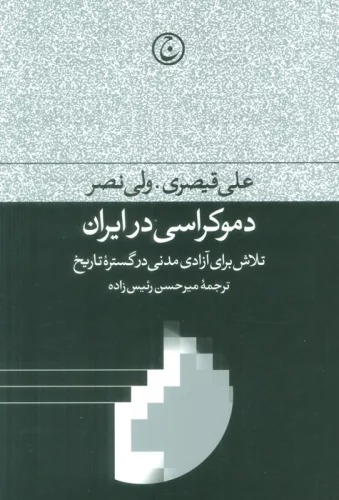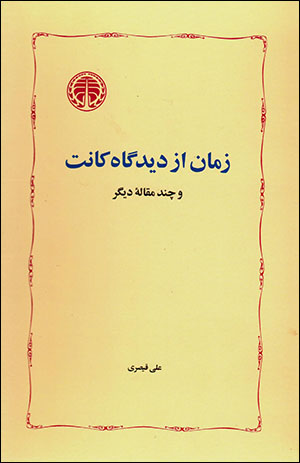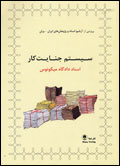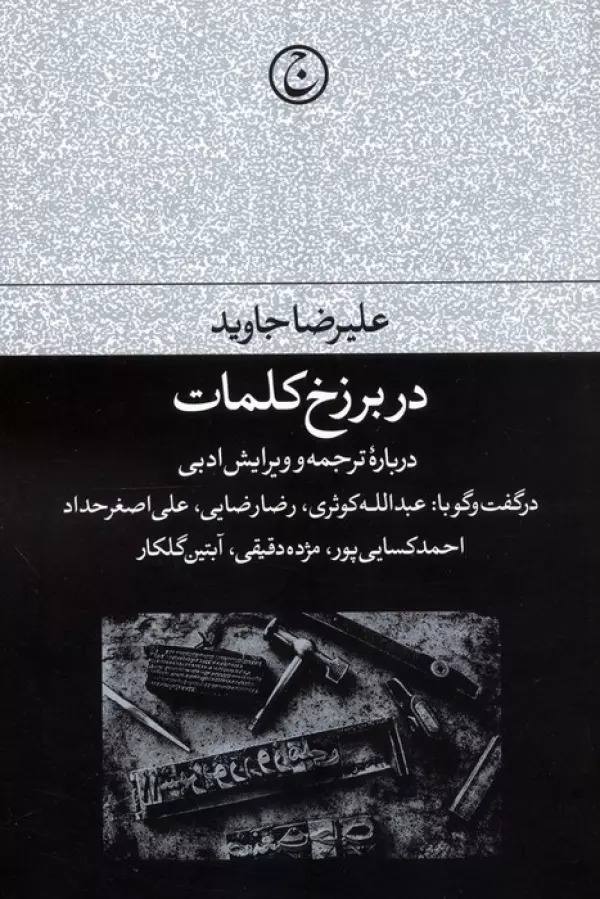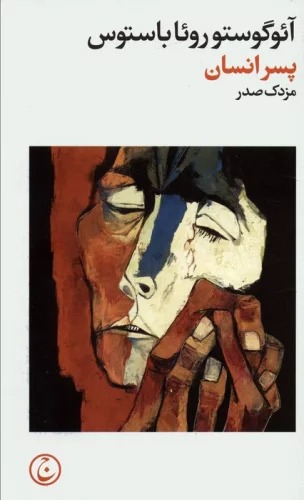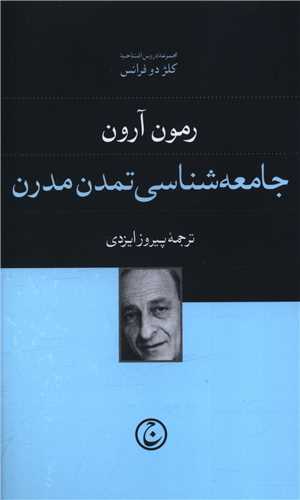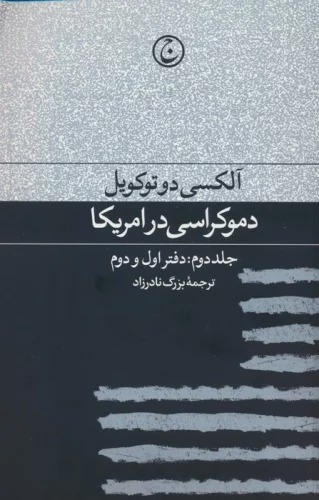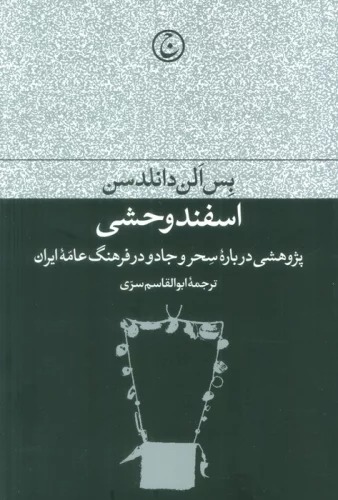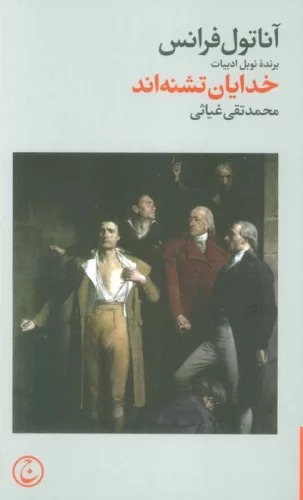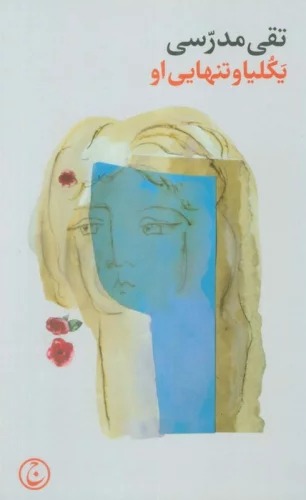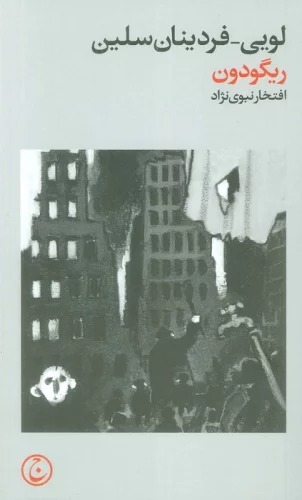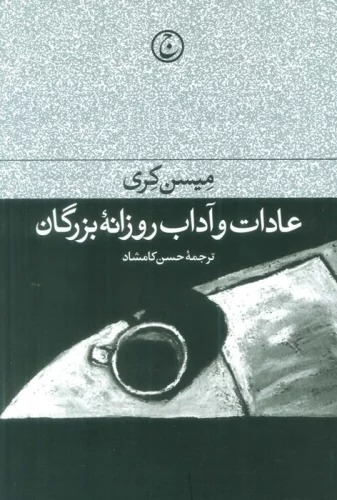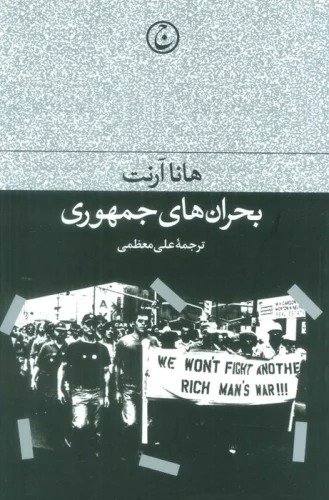Dimukrāsī dar Īrān: Persiska (Farsi) 1401
دموکراسی در ایران
201 SEK
Dela
Wishlist
Originaltitel:
Democracy in Iran: History and the Quest for Liberty
ISBN:
9786008209782
Översättare:
Mīr'ḥusayn Ra'īs'zādah
Förlag:
Farhang-i Javid
Åldersgrupp:
Vuxen
Sidor:
320
Vikt:
364 g
Produktmått:
14 x 21 x 3
,
4 cm
Bokomslag:
Pocketbok
Today Iran is once again in the headlines. Reputed to be developing nuclear weapons, the future of Iraq's next-door neighbor is a matter of grave concern both for the stability of the region and for the safety of the global community. President George W. Bush labeled it part of the "Axis of Evil," and rails against the country's authoritarian leadership. Yet as Bush trumpets the spread of democracy throughout the Middle East, few note that Iran has one of the longest-running experiences with democracy in the region.
In this book, Ali Gheissari and Vali Nasr look at the political history of Iran in the modern era and offer an in-depth analysis of the prospects for democracy to flourish there. After having produced the only successful Islamist challenge to the state, a revolution, and the Islamic Republic, Iran is now poised to produce a genuine and indigenous democratic movement in the Muslim world. Democracy in Iran is neither a sudden development nor a Western import, Gheissari and Nasr argue. The concept of democracy in Iran today may appear to be a reaction to authoritarianism, but it is an old idea with a complex history, one that is tightly interwoven with the main forces that have shaped Iranian society and politics, institutions, identities, and interests. Indeed, the demand for democracy first surfaced in Iran a century ago at the end of the Qajar period, and helped produce Iran's surprisingly liberal first constitution in 1906. Gheissari and Nasr seek to understand why democracy failed to
grow roots and lost ground to an autocratic Iranian state. Why was democracy absent from the ideological debates of the 1960s and 1970s? Most important, why has it now become a powerful social, political, and intellectual force? How have modernization, social change, economic growth, and the experience of the revolution converged to make this possible?
more
دکتر علی قیصری فارغ التحصیل رشته علوم سیاسی از دانشکده حقوق دانشگاه تهران و دکترای تاریخ از دانشگاه آکسفورد، عمر خود را صرف پژوهش بر جریانات فکری و مباحث نظری مربوط به تاریخ اندیشه کرده است. کتاب دموکراسی در ایران به تالیف این مورخ و پژوهشگر در ستیز با این فرض که تاریخ دوره مدرن ایرانیان ذاتا نزاع میان حکومتهای ایرانی و شهروندانشان بوده نگاشته شده است. این کتاب با مطالعه سیر تاریخی دموکراسی در ایران نشان میدهد که چطور و چرا ایدئولوژیهایی از قبیل ملیگرایی، سوسیالیسم و اسلامخواهی مسلحانه که در دههی ۴۰ در ایران ورود یافتند، با وجود مخالفت با استبداد شاهنشاهی هرگز به قدر کافی دموکراتیک نبودند. مولف کتاب در نهایت به این نتیجه میرسد که حتی یک قرن پس از انقلاب مشروطه و تضعیف آن توسط قوای بیگانه، ایران هنوز در پی رسیدن به حکومتی دموکراتیک است و مداخله خارجی غالبا به اقتدارگرایی بیشتر کشیده شده است. تلاش ایرانیان برای مهار اعمال قدرت دولت و همزمان دستیابی به امنیت، نظم و حقوق فردی، بررسی سیر چگونگی رسیدن ایرانیان به این مقطع حساس و همچنین عواملی که آنها را تا به امروز از ایجاد موازنه میان داشتن دولت و دموکراسی باز داشته، از مباحث اصلی مطرح شده در کتاب حاضر است. مطالعهی این اثر این امکان را به خواننده میدهد تا به تجربهی تاریخی یک قرن گذشتهی ایران از زاویهای متفاوت بنگرد.
more

